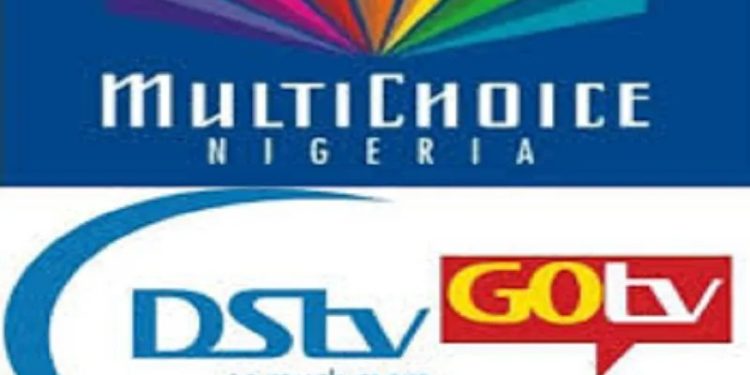Multichoice Nigeria, the leading pay-TV operator in the country, has announced another increase in subscription prices for its DStv and GOtv packages, effective March 1, 2025. This marks the latest in a series of price adjustments by the company, which has cited rising operational costs and economic challenges as the primary reasons for the hike.
In a notice sent to customers on Monday, Multichoice revealed that the DStv Compact bouquet will rise by 25%, from N15,700 to N19,000. The Compact Plus package will increase by 20%, moving from N25,000 to N30,000, while the premium DStv package will see a similar 20% rise, from N37,000 to N44,500.
GOtv subscribers will also face higher costs. The Jinja package will increase from N3,600 to N3,900, while the Jolli package will rise from N4,850 to N5,800. The Max package will now cost N8,500, up from N7,200, and the Supa package will increase to N11,400 from N9,600. The Supa Plus package will see the most significant jump, rising from N15,700 to N16,800.
Company Cites Rising Operational Costs
Multichoice attributed the price adjustments to the increasing cost of doing business in Nigeria, pointing to factors such as currency depreciation, high inflation, and rising expenses. In its notice to customers, the company stated, “This is to enable us to continue to offer our customers world-class home-grown and international content, delivered through the best technology.”
This latest price hike follows similar increases in 2023 and 2024, which were met with widespread criticism from subscribers. Last year, the company raised prices twice, in April and November, and implemented another adjustment in May 2024. The May increase sparked outrage among customers and even led to a legal challenge at the Consumer Protection Tribunal (CPT) by aggrieved subscribers.
Subscriber Losses Continue
The repeated price hikes have taken a toll on Multichoice’s customer base. According to the company’s September 2024 report, its Nigerian operations lost 243,000 subscribers between April and September of that year. Multichoice blamed the decline on Nigeria’s high inflation rate, which exceeded 30% at the time, driven by soaring costs of food, electricity, and fuel.
The company acknowledged that many customers were forced to abandon their decoders due to financial constraints. Despite this, Multichoice has continued to implement price increases, arguing that they are necessary to maintain service quality and cover rising operational expenses.
Customer Reactions and Market Impact
The announcement has drawn mixed reactions from customers, with many expressing frustration over the frequent price hikes. Some subscribers have threatened to cancel their subscriptions, while others have called for more affordable alternatives.
The pay-TV market in Nigeria has become increasingly competitive, with the rise of streaming platforms and other digital entertainment options. Multichoice’s latest price adjustment could further drive customers toward these alternatives, potentially exacerbating the company’s subscriber losses.
As the new prices take effect on March 1, 2025, Multichoice faces the challenge of balancing its financial sustainability with the need to retain customers in a highly competitive and economically challenging environment.










